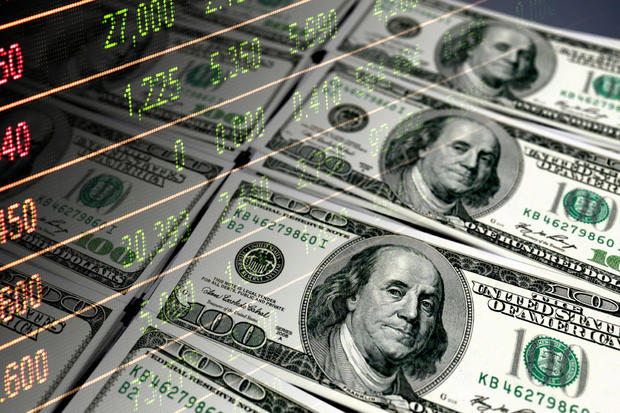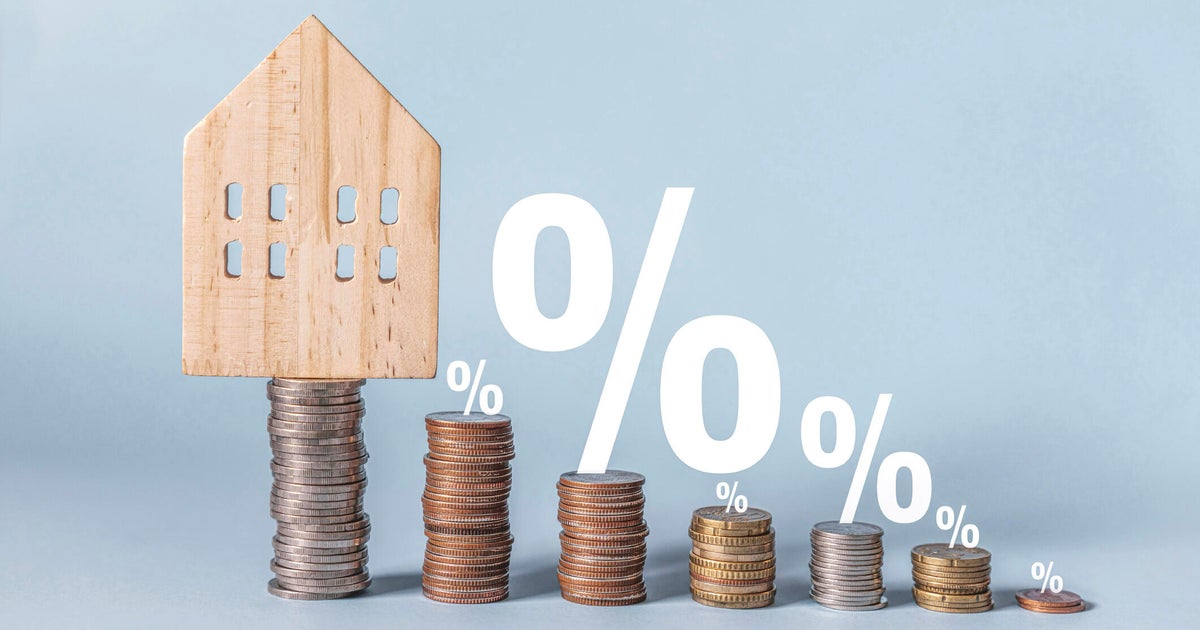Can you earn 6% on a CD right now?
If you have cash, whether it be in a safe, your wallet or a savings account but are not earning at least enough interest to offset inflation, you're losing buying power. After all, it's likely that $100 will have less purchasing power in one year than it has today.
The good news is that there are ways to fix this issue. For example, a savings vehicle like a certificate of deposit (CD) could put meaningful returns in your pocket while keeping your money safe.
So, how meaningful of a return might that be? Is it possible to earn 6% on a CD right now?
Lock in today's high rates with a CD today.
Can you earn 6% on a CD right now?
It will likely be difficult to find banks that offer APYs of 6% or higher on any CD term — but you can get close. For example, CIBC Bank USA offers a 5.66% APY on its 1-year CDs as of January 2, 2024. Both Lending Club and Popular Direct currently offer 1-year CDs with 5.55% APYs.
So, what does that mean in terms of your returns? That depends on how much money you deposit in the CD account. Here are a few examples of what you could earn on these CDs with these rates:
- $10,000 deposit with an APY of 5.66%: $566 in interest (for a total of $5,566.00 after one year)
- $10,000 deposit with an APY of 5.55%: $555 in interest (for a total of $5,555.00 after one year)
- $25,000 deposit with an APY of 5.66%: $1,415 in interest (for a total of $26,415.00 after one year)
- $25,000 deposit with an APY of 5.55%: $1,387.50 in interest (for a total of $26,387.50 after one year)
How to get the most out of CDs
You want your money to work as hard as possible for you, but opening a CD and getting the most out of CDs can differ. Here are a few ways to ensure you're getting the most out of your CDs.
Tap into strong returns with a CD now.
Compare your options
The APYs offered on deposit accounts can vary significantly from one bank or credit union to the next — and APYs are one of the ways financial institutions compete for your business. As such, it's a good idea to compare multiple options rather than settling for the first CD you find.
And, there are a couple of other things to consider as you compare:
- Online banks: Online banks typically have fewer overhead costs than their brick-and-mortar counterparts. As such, they may be able to offer higher CD rates than traditional banks.
- Credit unions: Look into your local credit unions. In many cases, a local credit union may offer higher rates than other financial institutions.
Use a CD investment strategy
CD investment strategies can maximize your earnings while helping you achieve your goals. Two common strategies include:
- CD laddering: To build a CD ladder, you'll divide your total savings across several CDs with different terms. For example, if you have $10,000, you may open 1-, 2-, 3-, 4- and 5-year CDs while depositing $2,000 into each one. As each CD matures, invest the money into a new 5-year CD. Once five years have passed, a long-term CD will mature each year.
- Bullet: The CD bullet strategy is a good idea if you're saving for a specific purpose over a certain time. For example, let's say you want to save $30,000 as a down payment for a home over the next five years. In this case, you could open a 5-year CD today with the money you have saved for the down payment. Then, save over the next year and open a 4-year CD with that money. Save the following year and put that money into a 3-year CD. Continue this process while making sure all your CDs expire at the same time. Then, when it's time to buy your home, the money in your CDs, plus the interest you earned, will be available.
Pay attention to the relationship between long-term and short-term CD rates
"Short-term and long-term CDs have their own pros and cons," says Anna Maassel, investment advisor representative and retirement planner at Voyageur Advisory Group. "Short-term CDs, typically with maturities of one year or less, allow for added liquidity, but usually come with lower rates compared to long-term CDs. Long-term CDs, typically three years or more, often come with higher rates but a decrease in liquidity."
Then again, there are times when short-term CD rates outpace long-term CD rates. Today's interest rate environment is the perfect example. Right now, 1-year CDs are paying more than their 2-, 3- and 5-year counterparts. So, short-term CDs may be your better option in today's market.
Don't miss out on today's high CD rates. Open one now.
The bottom line
It's tough to find 6% APYs on 1-year CDs right now, but some financial institutions offer rates that are close to that threshold. Today's strong rates, coupled with the high level of safety that comes with a CD, make these savings vehicles hard to ignore.




